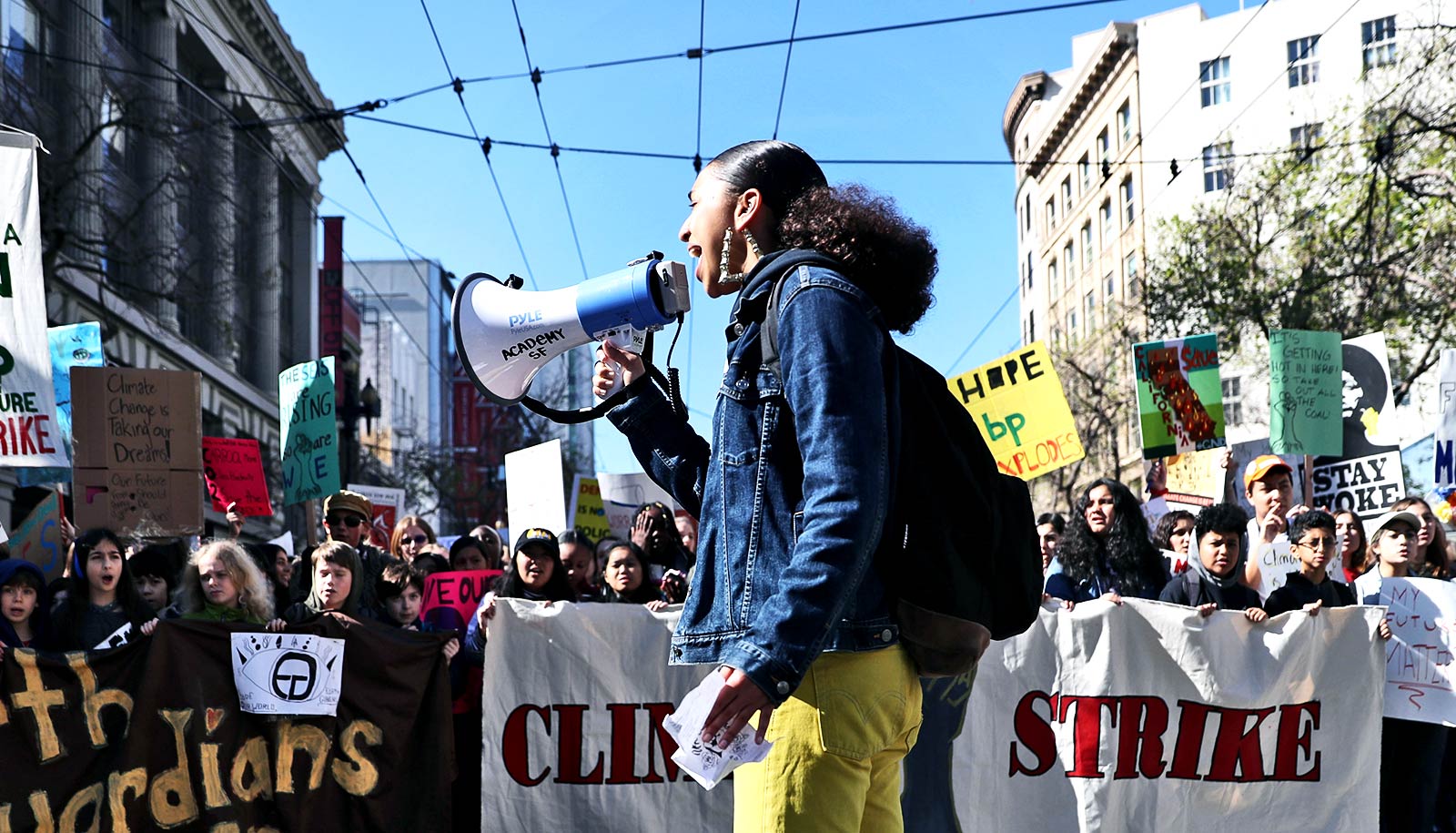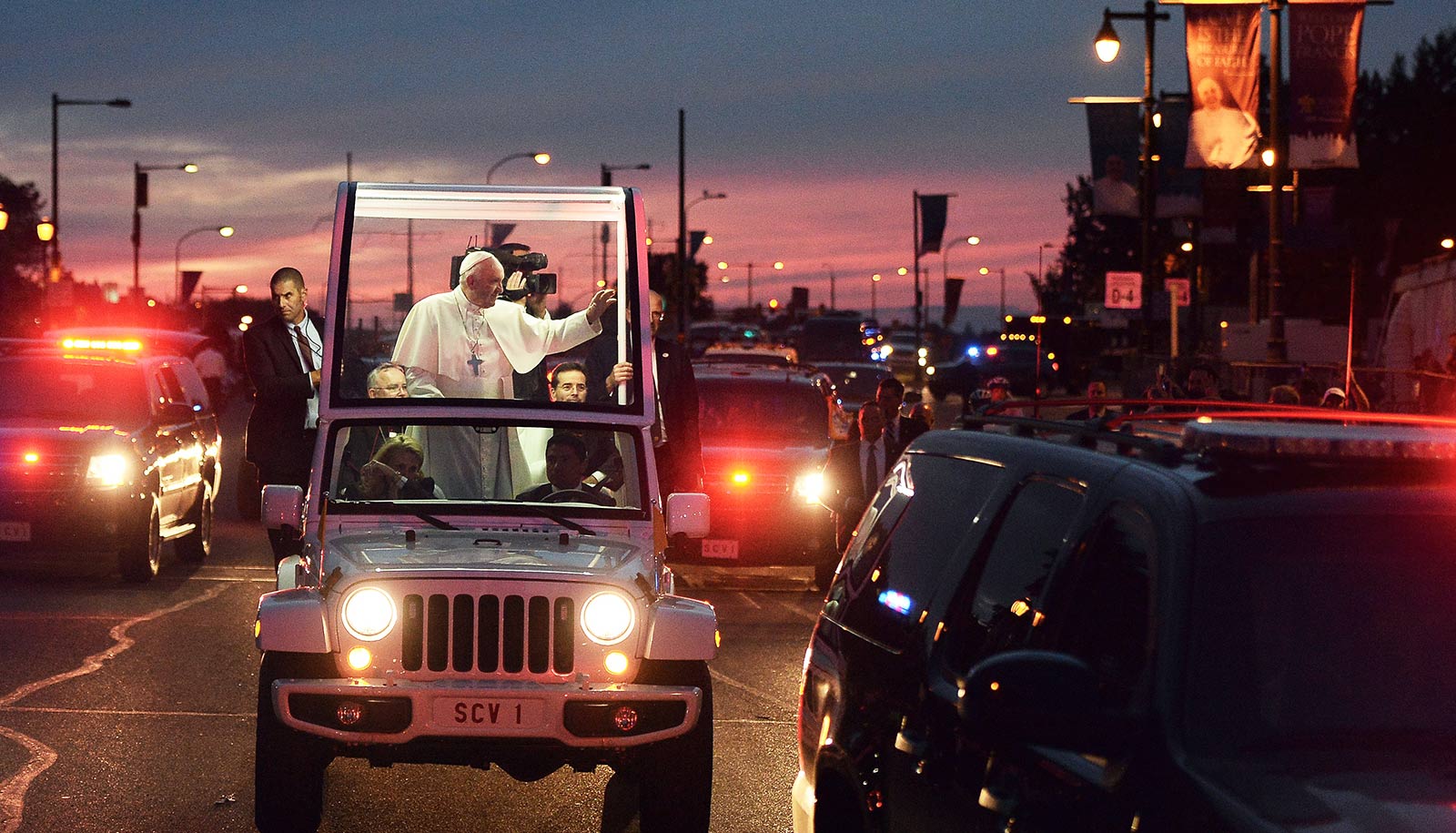Taking visible action against climate change may make our friends and neighbors more likely to take similar steps, according to new research.
“Despite the global dimension of climate change, we found local social norms effective in battling it, much like they promote specific behaviors among those ‘keeping up with the Joneses’—or now, the Kardashians,” says lead investigator Stefano Carattini, an assistant professor in Georgia State University’s Andrew Young School of Policy Studies.
“In other words, raising the visibility of eco-conscious behaviors locally can have an outsized impact on global climate mitigation efforts. At the end of the day, people are very much influenced by what their neighbors do.”
For their work, researchers reviewed the literature on the adoption of green technologies and the demand for carbon offsets, lab and field experiments on climate-friendly behaviors, and analyses of the relationship between trust and environmental outcomes. They examined cooperation at the local level to determine whether some patterns may scale up to the global level.
“To turn country mitigation pledges into policies, like those that collaboratively form the Paris Agreement, an additional layer of cooperation is necessary at the domestic level,” Carattini says. “By looking into the deep roots of individuals’ willingness to cooperate, we’ve attempted to identify the drivers of this cooperation among countries.”
The potential for a societal change towards environmentally friendly behavior hinges on how visible and widespread such behavior—and hence the norm—is, they conclude. The more prevalent and observable the behavior, the more likely others are to adopt it. As a result, interventions that increase the visibility of otherwise invisible behaviors, such as green energy adoption, can play a key role in fostering behavior change.
They also found that trust and a society’s culture of cooperation are beneficial for tackling global dilemmas. The challenge, however, is in finding ways to increase trust. While using education to spur civic spirit and increase cooperation is a long-term investment, in the short run, interventions aimed at increasing the visibility of cooperative behavior may already contribute to building trust among relevant actors, the researchers say.
“Our takeaway for policymakers is that in tackling climate change, individuals are more willing to cooperate than standard theory predicts,” says Carattini. “This evidence points to a largely untapped potential for leveraging local, individual cooperation into successful cooperative global mitigation efforts.”
The research appears in the Review of Environmental Economics and Policy. Additional researchers from Princeton University and the University of Bologna, Italy contributed to the work.
Source: Georgia State University



